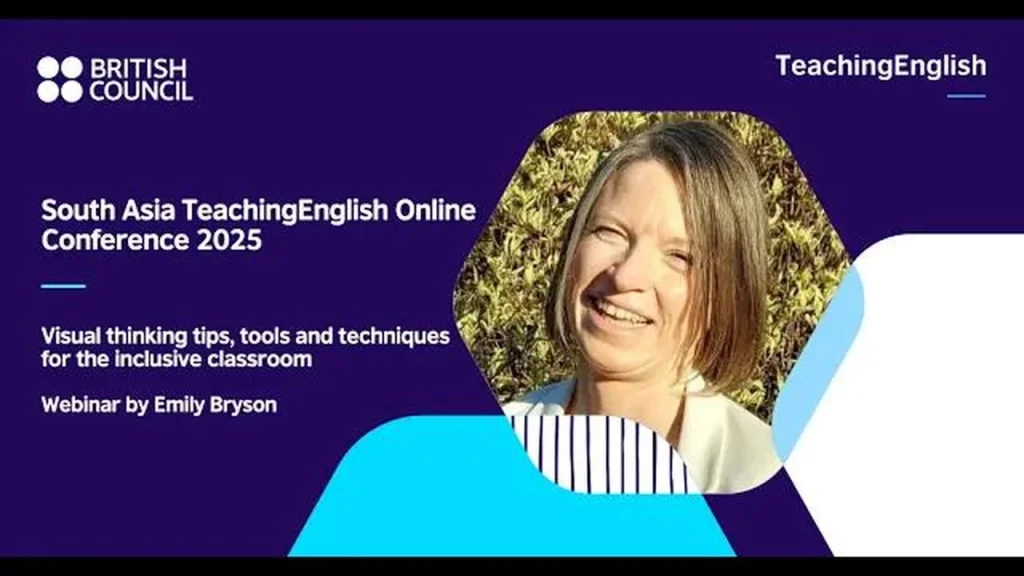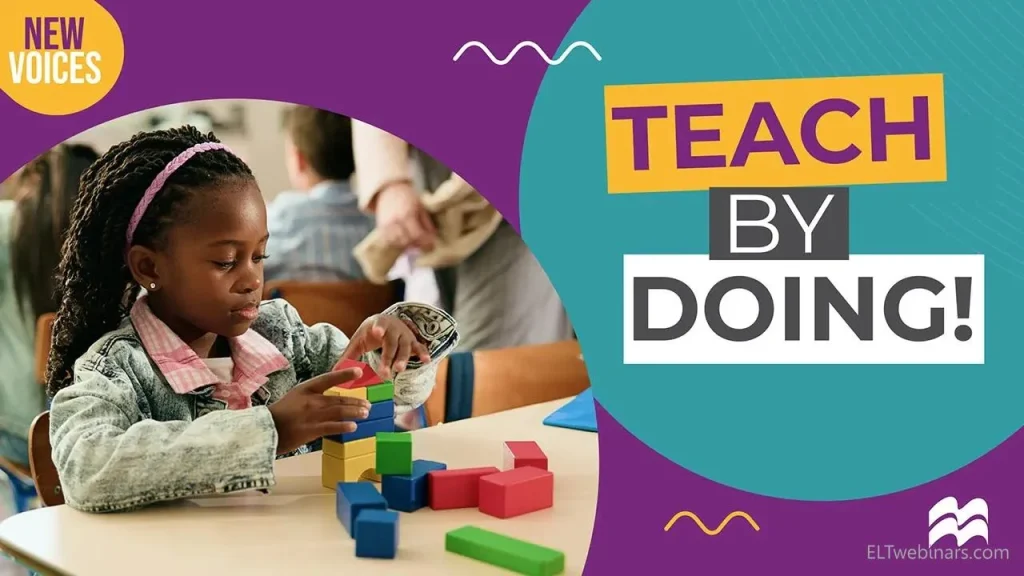00:02 Introduction and Personal Story 02:51 The Analogy of Shoes, Brains, and UDL 07:35 The Story of Maya and Individual Fixes 13:45 UDL: Shifting Barriers from Student to Environment 18:44 The Unlearning Cycle for UDL 20:07 Applying the Unlearning Cycle 23:44 The Time Investment is Worth the Rewards
Allison Posey discusses the necessity of “unlearning” traditional teaching practices to effectively apply Universal Design for Learning (UDL). The core principles of her presentation are:
The Foundation of UDL is Learner Variability Allison Posey shares her journey to UDL, triggered by a brilliant student who was failing due to an inability to complete assignments [ 01:07 ]. She likens the brain’s uniqueness to shoe sizes: just as we anticipate foot size variability, we must anticipate brain variability [ 04:51 ].
UDL Requires a Mindset Shift The presentation uses the story of a student named Maya to illustrate that traditional, individualized fixes focus on fixing the student [ 14:05 ]. UDL, by contrast, requires framing barriers in the environment and designing flexibility for all students from the start [ 15:08 ].
The Four-Step Unlearning Cycle To truly apply UDL, educators must follow this cycle to reflect on practices [ 18:44 ]:
Identify a Tried-and-True Practice: Choose a common technique, like how you manage student participation [ 20:24 ].
Identify the True Goal: Determine the high-level instructional goal, such as ensuring all students participate [ 20:54 ].
Anticipate Variability: Recognize the different ways students will react to the practice (e.g., some love verbal sharing, others prefer to process slowly) [ 21:26 ].
Apply UDL: Introduce a “plus one” option, such as using “turn-and-talks” or written responses, to make the practice flexible for everyone [ 21:43 ].
The Investment in UDL is Worth It While designing for flexibility takes a little more time on the front end, this planning means lessons move more smoothly, and more students have what they need from the very beginning [ 24:03 ].


